How old are Wisconsin's lawmakers and how much do voters care?
The age of political candidates and public officials is central to the 2024 election — how much this factors into voter perceptions about Wisconsin's federal and state legislators is up for debate.
October 23, 2024
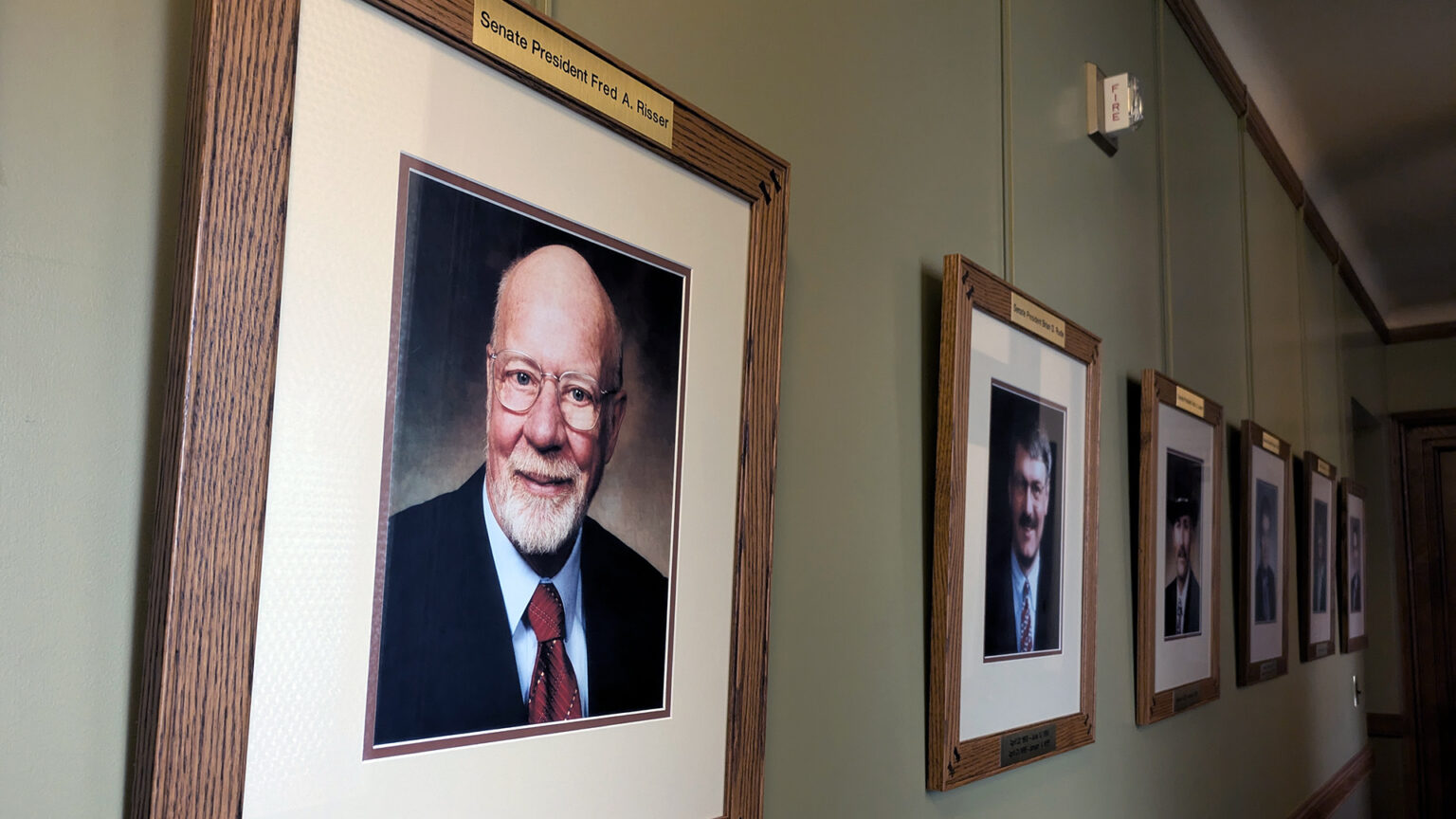
A portrait of former state Sen. Fred Risser and other past Wisconsin State Presidents is displayed on Oct. 22, 2024, in a hallway outside the senate chambers in the Wisconsin State Capitol in Madison. Risser was the longest serving state lawmaker in American history, serving more than 60 years in both chambers of the Wisconsin Legislature before retiring in 2021 at the age of 93. (Credit: PBS Wisconsin)
Before dropping out of the 2024 race, President Joe Biden was the oldest major-party nominee for the office in American history. And, at 81 years old, he’s currently the oldest serving president.
But with Biden’s exit from the campaign in June, former President Donald Trump is now the oldest presidential nominee at 78 years old.
Both men have faced – and continue to face – a significant amount of scrutiny for their age and, by extension, their mental cognition and overall health. Biden, however, has taken the brunt of the attacks, with Trump, numerous Republicans and many of his fellow Democrats pointing out what they saw as age-related decline in his energy and speech, culminating with the president’s performance at the June 27 debate.
Vice President Kamala Harris, 60, who replaced Biden at the top of the Democratic Party ticket, released a medical report on Oct. 12 showing she was physically in “excellent health.” In doing so, the Harris campaign was hoping to draw attention to Trump’s health status and older age – painting them as liabilities in his capacity to serve as president. Since his first candidacy in 2015, Trump has promised to release his medical reports but failed to do so.
Aaron Weinschenk, a political science professor at UW-Green Bay, said age-related criticism of politicians has increased in the 2024 election cycle but it’s nothing new – and it can cut against both younger and older candidates.
“There’s always been discussion of age – I remember seeing articles during [Barack] Obama’s first campaign that he was too young to be president. On the younger side, people use it as a cue for inexperience and on the older side, people use age as a cue for ability,” he said
“With older age, I think what people are really asking is, ‘Are they up to the task?’. “And, the higher level of office, the more scrutiny a person’s age gets,” Weinschenk continued
Many members of Congress have also been criticized about their ability to lead because of their elder ages – including and especially those in party leadership like former Speaker of the House Nancy Pelosi, D-California, who is 84, and current U.S. Senate Minority Leader Mitch McConnell, R-Kentucky, who is 82. While Pelosi’s age has been criticized, there have been multiple instances of McConnell freezing during public appearances that have raised concern.
According to a CBS News/YouGov survey released in September, some 80% of American adults said they have concerns about the job performance of elected officials over the age of 75. In that same poll, 77% of Americans favor maximum age limits for elected officials. And in a Pew Research Center poll released in October 2023, almost 80% of Americans said they favor maximum age limits for federal elected officials.
Researchers have also been studying the age of elected officials, trying to understand why politicians’ ages are rising.
Some of this age-related concern, however, is going beyond just talk. In June, voters in North Dakota approved setting a maximum age for those representing the state in Congress. The measure bars North Dakota’s congressional candidates who would turn 81 or older by the end of the year before their term ends from being eligible for office.
Political experts believe North Dakota is the first state to make such an age requirement on its members of Congress. The measure could certainly be challenged in court.
The U.S. Constitution sets minimum – but not maximum – age thresholds for the office of U.S. President and members of the U.S. Senate and House of Representatives: The minimum age to be president is 35, while senators must be at least 30 and representatives must be at least 25 years old.
How old is Wisconsin’s congressional delegation?
All of this attention to age begs the question: How old are Wisconsin’s lawmakers?
At the federal level, as of Oct. 1 they’re just a bit older than the national average.
When it comes to the state’s U.S. House of Representatives delegation, Wisconsin’s current seven members are, on average, just under 61 years old. The average age of the country’s current 431 House members (four seats are vacant) is just under 58 years old, according to the Congressional Research Service.
More specifically, Wisconsin’s oldest House member is U.S. Rep. Gwen Moore, D-Milwaukee, who is 73, and the youngest is U.S. Rep. Bryan Steil., R-Janesville, who is 43. (Previously, before he resigned in April, the state’s youngest U.S. House representative was Mike Gallagher, R-De Pere, who is 40; the 8th Congressional District seat he represented was unoccupied as of Oct. 1.)
The age of the state’s other House members are, in ascending order: U.S. Rep. Derrick Van Orden, R-Prairie du Chien, 55; U.S. Rep. Scott L. Fitzgerald, R-Oconomowoc, 60; U.S. Rep. Mark Pocan, D-Town of Vermont, 60; U.S. Rep. Tom Tiffany, R-Wausau, 66; and U.S. Rep. Glenn Grothman, R-Greenbush, 69.
Among the U.S. Senate’s 100 members, the average age is 64 years old. Of Wisconsin’s two senators, U.S. Sen. Tammy Baldwin comes just under the national average at 62 years old, while U.S. Sen. Ron Johnson is over the average at 69.
Weinschenk said older officeholders tend to remain in office for one simple fact.
“One thing that goes along with age is the advantage of incumbency. Incumbents win something like 99% of the time,” he explained. “Some of the longest-serving members of the House serve for over 50 years. So you get these people who, once they’re in, just can run continuously.”
A lot happens to brains and mental ability as people age, said Dr. Alissa Butts, a neurologist and professor at the Medical College of Wisconsin who specializes in assessing young and older adults with cognitive deficits.
“Our brains do get a little smaller over time. And cognition changes too,” said Butts. “The aging brain becomes less efficient with a variety of tasks, including how quickly it can learn something new, or how quickly it can retrieve something that it just learned.”
Other cognitive effects of aging that people may notice include not being able to “hold our attention for long periods of time or being able to multitask,” she added. “Our memory feels a little bit less sharpened and we might need to hear something more than more than once, where before we heard it once and got it. We may need some more reminders to jog our memory.”
These effects, however, and the rates of cognitive aging vary for everyone and there is no one-size-fits all effect of mental change.
“It’s important to consider the individual when we think about if they are experiencing a change,” continued Butts. “The change itself or how it manifests might look different depending on the individual.”
But no one is immune to cognitive decline and keeping an eye on it is necessary.
“Political figures are people, too. And with any high level position – whether it’s a political candidate or a physician or a pilot or an attorney, there’s a number of professions out there that carry a great amount of responsibility,” said Butts. “And it’s important to consider, as individuals in those positions age, we want to make sure that they’re able to perform that job from a healthy medical standpoint and cognitive standpoint.”
How old are Wisconsin’s state lawmakers?
Another group of elected officials in Wisconsin to assess when it comes to age are state lawmakers.
In all, there were 130 Wisconsin state legislators as of Oct. 1, which includes 98 in the State Assembly and 32 in the State Senate. (Two seats were vacant, one in each chamber.)
The average, or mean, age of all state legislators is 53 years old. The median age – meaning the middle age of the group where half are younger and half are older – for all of these lawmakers, however, is 58 years old. That difference is the result of a handful of particularly young lawmakers.
The two youngest state legislators are both in the Wisconsin Assembly: state Rep. Calvin Callahan, R-Tomahawk, and state Rep. Kalan Haywood II, D-Milwaukee, who are both 25 years old. The oldest state lawmaker, meanwhile, is state Sen. Robert Wirch, D-Pleasant Prairie, who is 80 years old.
Looking more closely at Republican state lawmakers, the 64 Assembly Republicans have an average of almost 55 years old while the 22 state Senate Republicans are very similar and have an average age of almost 56. The average age of all Republican state lawmakers is almost 55, but their median age is 62 years old.
The oldest Republicans in each chamber are state Rep. James Edming, R-Glen Flora, who is 78, and state Sen. Robert Cowles, R-Green Bay, who is 74.
On the Democratic side of the aisle, the 34 Wisconsin Assembly Democrats have an average of almost 47 years old while the 10 state Senate Democrats have an average age of just more than 55 years old. The average age of all Democratic state lawmakers is almost 49, but their median age is 51 years old.
The oldest Democrat in the Assembly is state Rep. Dave Considine, D-Baraboo, who is 72 and retiring at the end of the 2023-24 term.
As for the state’s executive branch, Wisconsin Gov. Tony Evers, a Democrat, is 72 years old.
It’s also worth noting that there have been a couple of age record breakers in the Wisconsin Legislature.
Longtime state Democrat Fred Risser holds the record as the longest-serving state legislator in American history, having served 58 years in the Wisconsin Senate following six years in the Assembly. He retired from the state Senate in 2021 at the age of 93.
On the younger side of things, Haywood was widely noted to be the youngest state lawmaker in the nation when he took office in 2019 at the age of 19.
There is no national accounting of age for all of the country’s more than 7,500 state lawmakers, so any comparison between Wisconsin and other states is unavailable.
In considering age when it comes to electability, neither leader of the major state political parties said it’s a factor that’s come into play.
“I think voters are looking for two fundamental things: One is for a candidate who’s on their side and is going to look out for them and stick up for what they believe in, and the other is for effectiveness for whether a candidate can deliver,” said Ben Wikler, chair of the Democratic Party of Wisconsin. “I think age by itself isn’t the central question.”
“For younger candidates, they often have to get over the hurdle of do people trust that they have the experience and judgment to do the job. With older candidates, they clearly have the wisdom so then the question is their level of energy,” he continued. “There are great officeholders and candidates who meet each of those tests at very different ages. So, one’s age creates a set of questions that you have to answer. But if you have great answers to those questions, age really fades into the background.”
Brian Schimming, chair of the Republican Party of Wisconsin, said age hasn’t come up as a prohibitive factor for its candidates.
“My sense of it from having worked for various governors and other elected folks — I don’t think it matters a ton from what I’ve seen,” he said. “It just doesn’t seem to be coming up in the research that we’ve seen.”
Like Wikler, Schimming said it’s more about the candidate than their age.
“Voters like experiences. So, they may like the fact that the person was a business person or they like the fact that they raised a family or owned a house. It’s more about their life’s experiences,” he said. “Obviously, age is a factor in going through life’s various experiences. So, do voters look for somebody who’s in their 80s to elect to office? No, but I’ve seen it less and less as a barrier as the years have gone by.”
 Passport
Passport





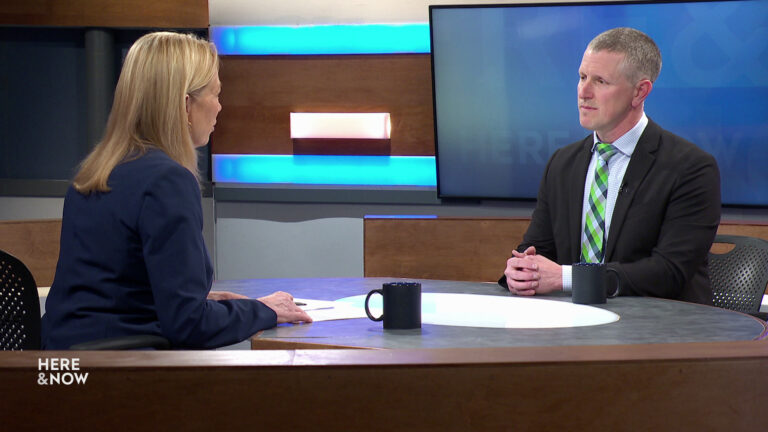
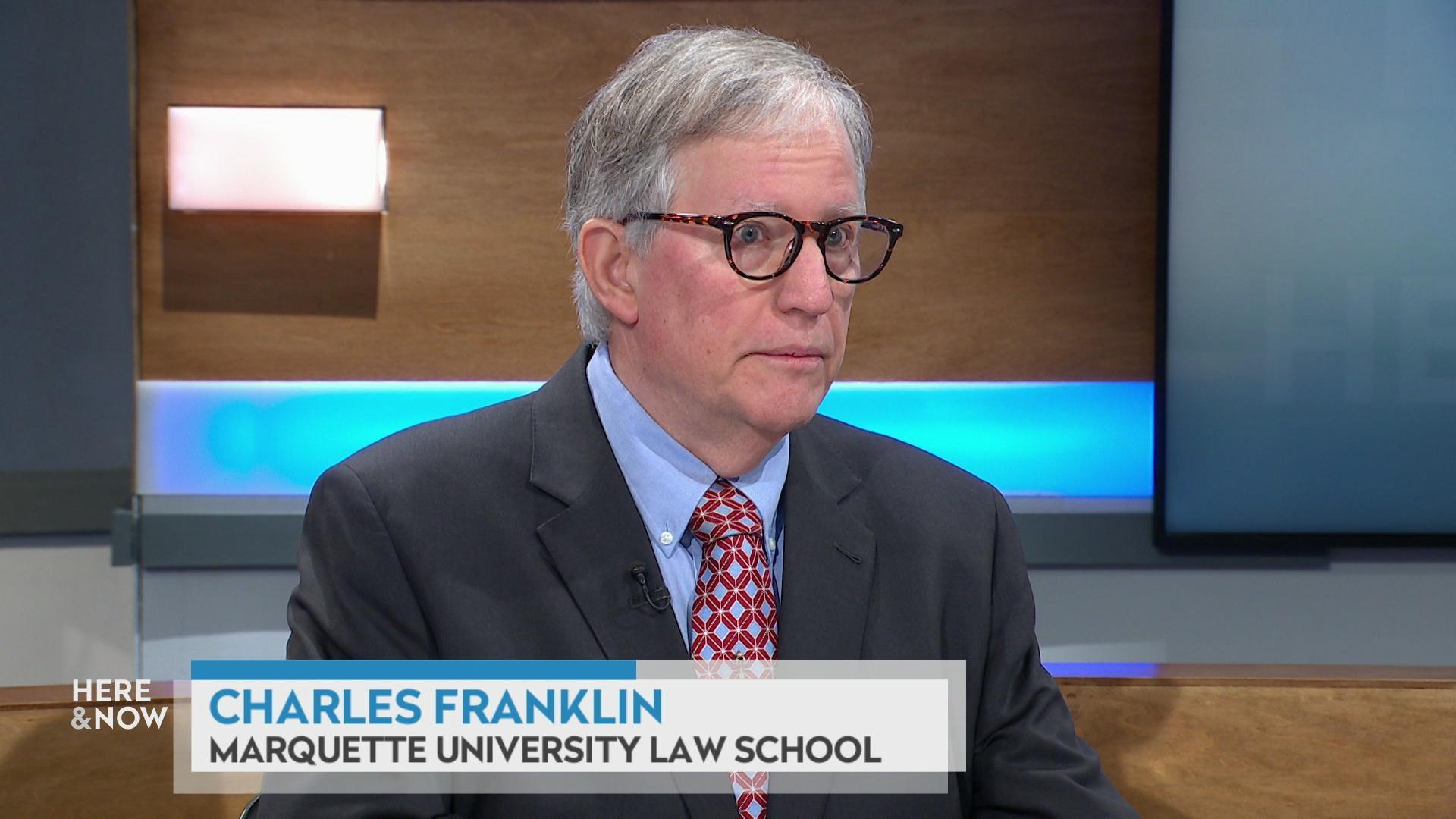
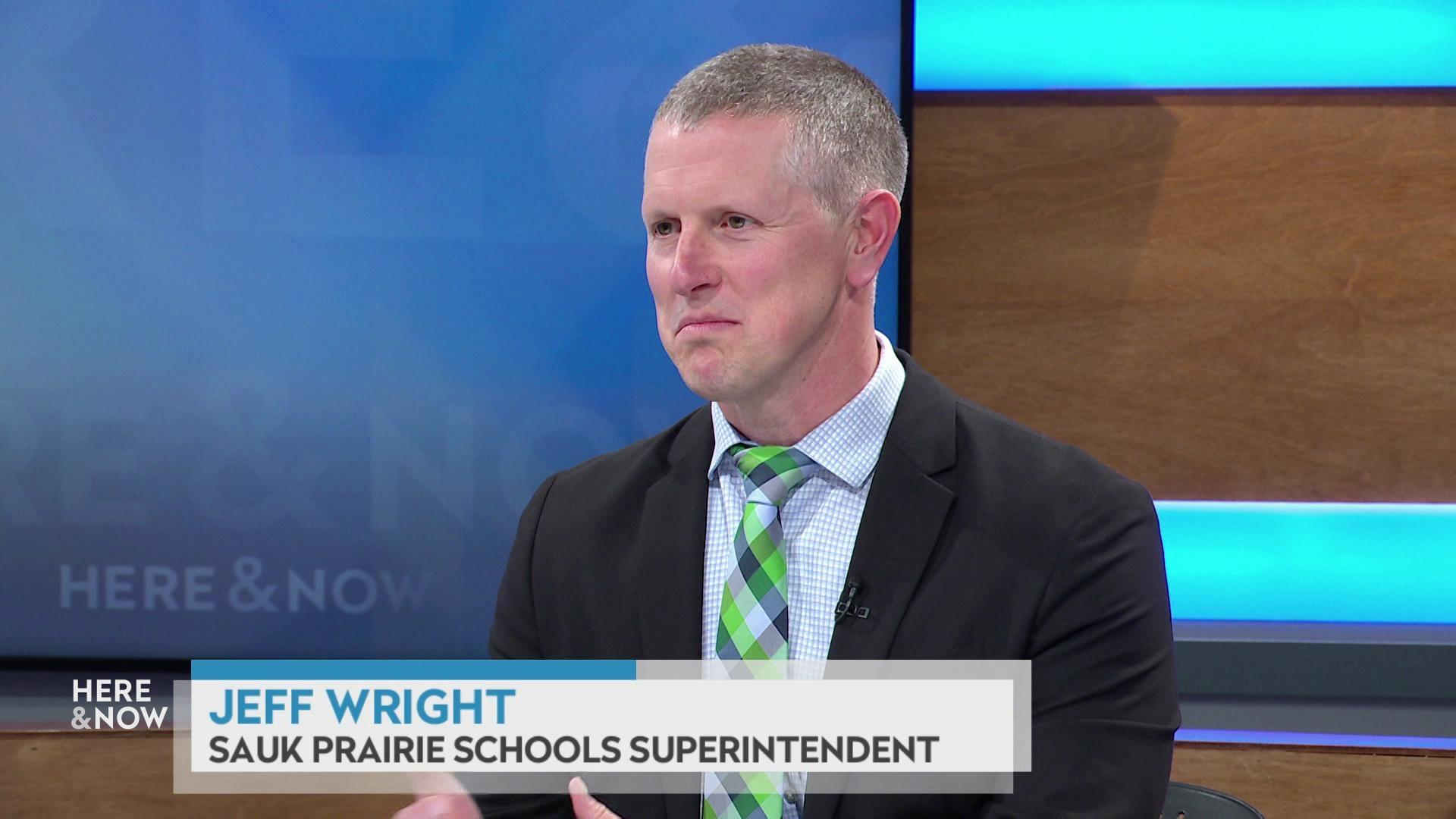
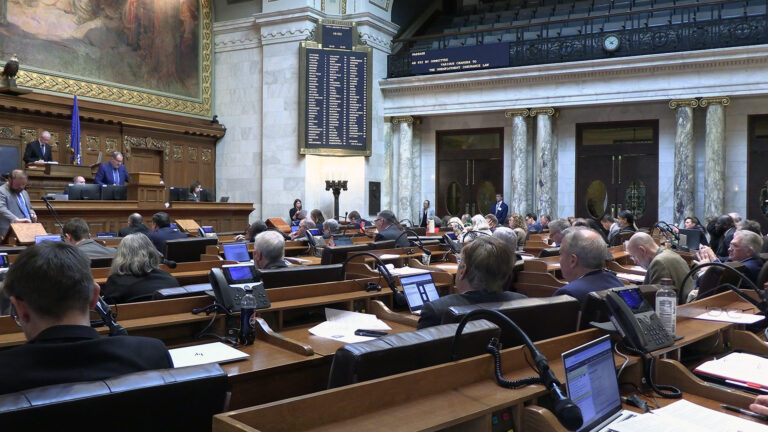


Follow Us